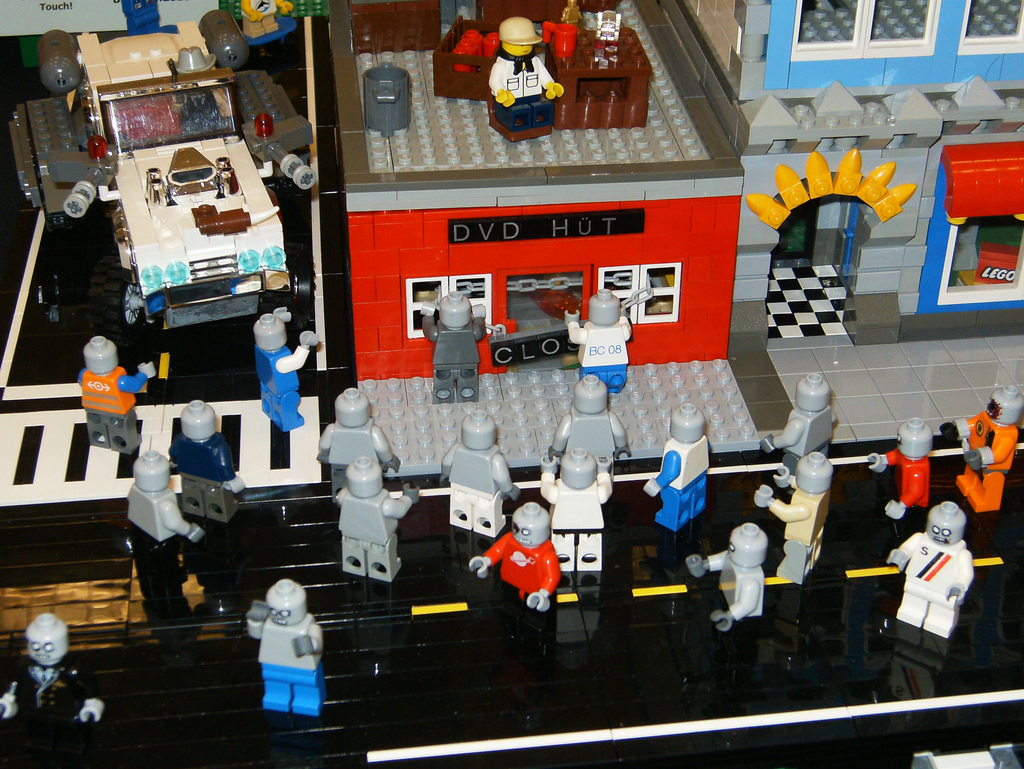Last week Facebook announced some major changes to Facebook Groups. First off let’s just realize that anytime Facebook or any major website changes something that a significant percentage of the sites users will complain. People don’t like change and they especially don’t like feeling like they have no control. (I actually think that feelings of lack of control are a bigger deal than the change itself.)
This most recent change has highlighted an important strategy behind Facebook’s approach, which I think underlines the love and hate we feel towards Facebook.
If you’re looking for an analysis on the implications that Facebook Groups will have, I’ve done a previous 10 Links roundup of Facebook Groups but I recommend you go read Marshall Kirkpatrick’s write up on Read/Write Web: Why Facebook’s New Groups Will Change the Way You Use Facebook.
I will say that I agree with Marshall and Facebook Groups will be a big deal for those people who use them. For the time being though most people won’t use them. I will. Will you? And if you’re complaining about the email overload, why are you even still receiving email from Facebook at all? Just turn it off. You check Facebook everyday anyway.
Facebook is trying to follow the same social norms and realities that our real life follows, with two big exceptions: Privacy and Scale.
Mark Zuckerberg wants Facebook to mirror our offline lives. From the Social Graph to our personal brand preferences Zuck wants our Facebook profiles to reflect our real life preferences. Facebook also wants all of this to be public.
The more public our data is the more they can monetize that data. This is the crux of the conflict in their own strategy. Enable us to behave online the way we behave offline. But more. Maybe more than we want to.
Another key difference is that in real life we run into issues of scale. Dunbar’s law say that on average we can only stay connected to about 150 people. Introverts rank lower on this scale because they prefer deeper, more meaningful connections while extroverts like myself typically exceed Dunbar’s law because we actually have far fewer strong ties in favor of a large number of weak ties. (Neither is bad, it’s just the way we are.) Facebook profits the more connections we have which goes back to more data and more monetization.
Facebook Groups has a key feature that highlights this. If you invite me to a group, even a secret group I can invite people without your permission. Most online groups have a moderator that controls the level of administrative function other members of the group have. You can’t do that on Facebook Groups. Why? You can’t do that in real life. I can invite a group of friends to a movie or to lunch but I can’t control who they bring with them.
There are social mores that most of us choose to follow but this doesn’t stop me from choosing not to follow them and unless they are explicitly stated then there’s no guarantee that I’ll interpret them the same way that you do.
I could go on with the examples of how Facebook is pushing this balance. So far it’s worked wonderfully for them. The question is how long can they keep up this precarious balance. They’ve regularly messed up by pushing privacy to far but not so far that it’s cost them their market lead.
What do you think?
Photo credit by by Tac Anderson
Similar Posts:
- The Love. The Hate. Facebook Groups [10 Links]
- The Cloud Opened Up and Rained Marketing Data [Social Media Dystopia]
- You Can’t Hide From the Web
# of Comments 6
# of Comments 21
# of Comments 11
